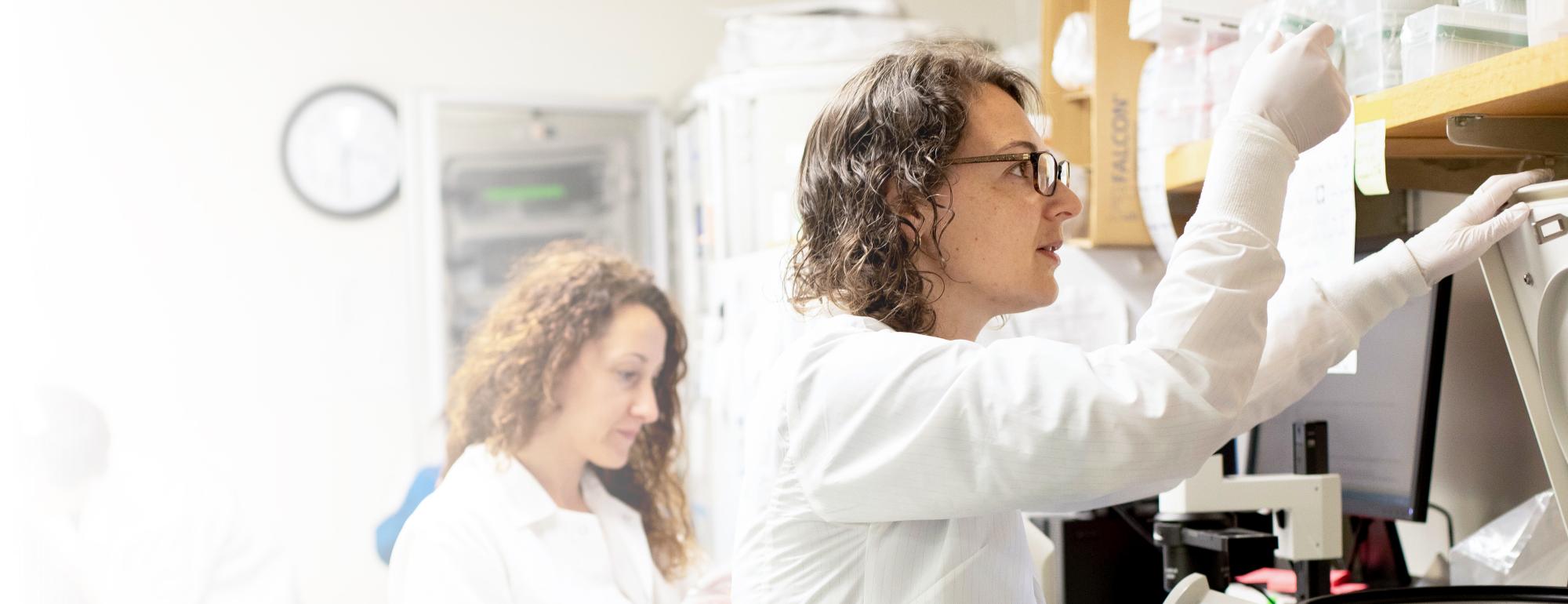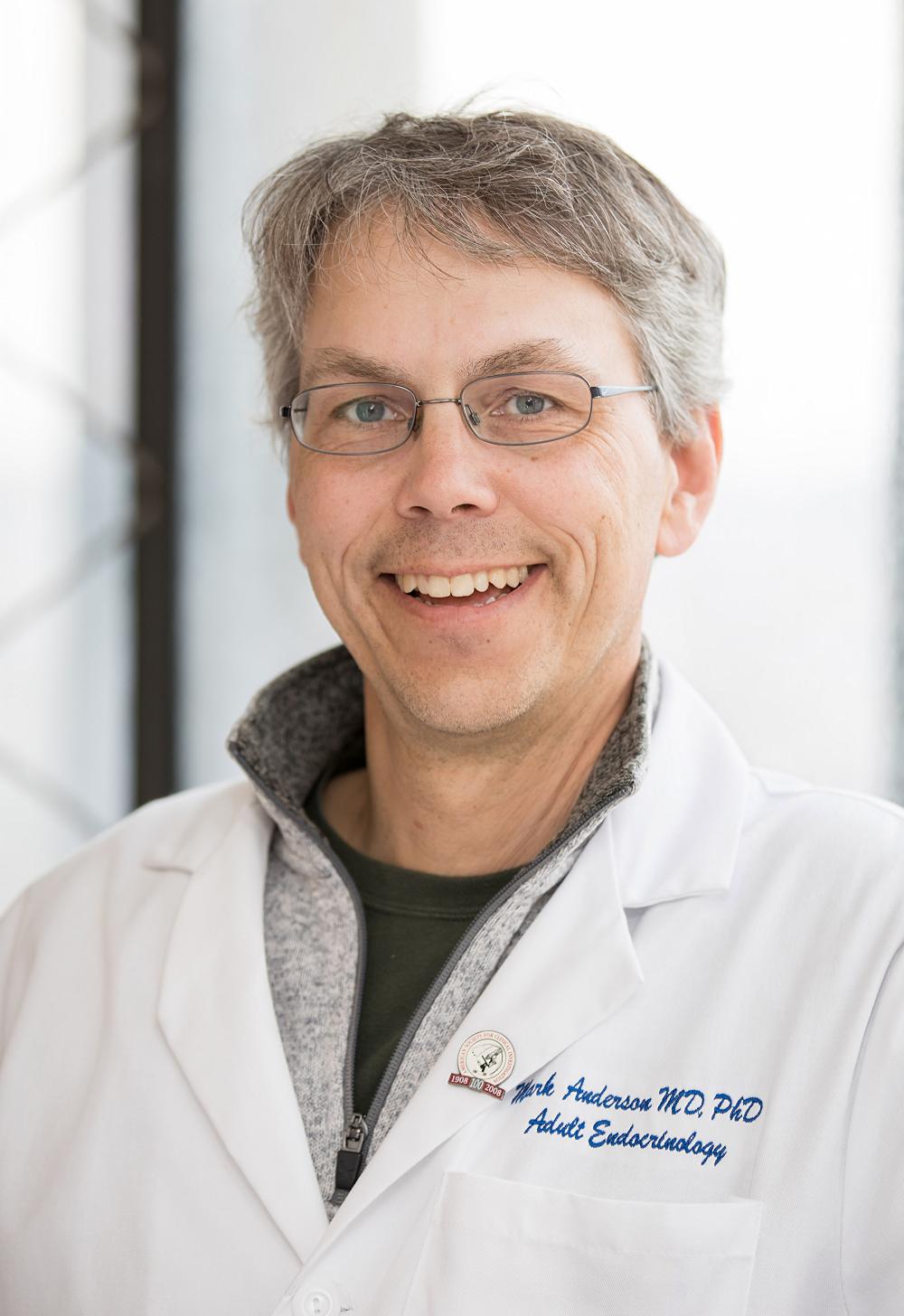ABOUT US
We are an integrated team of researchers and physicians in fields of cell development, metabolism, and immunology, internationally renowned for excellent patient care, cutting-edge science, and lifesaving patient education in both Type 1 and Type 2 Diabetes. Based at Parnassus on two floors in Health Sciences West, we also have labs at The Eli and Edythe Broad Center of Regeneration Medicine and Stem Cell Research, and Medical Sciences, with affiliate faculty spanning from to Mission Bay, Gladstone Institute, to Zuckerberg San Francisco General Hospital and Trauma Center.






